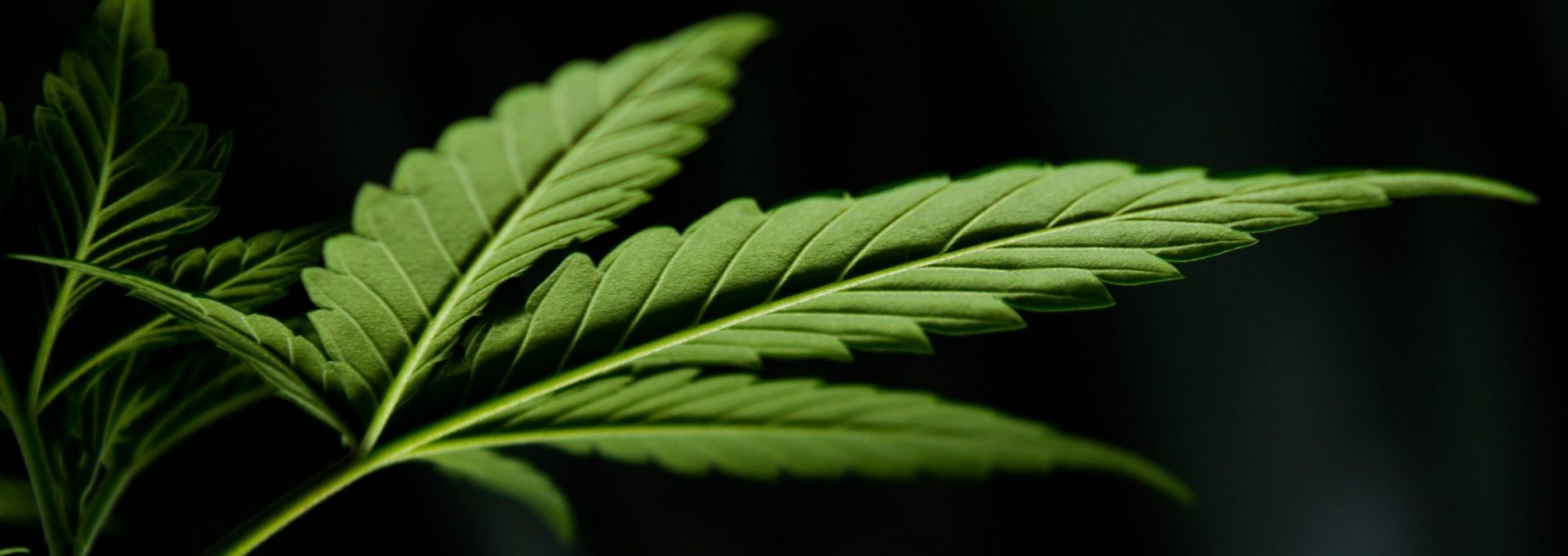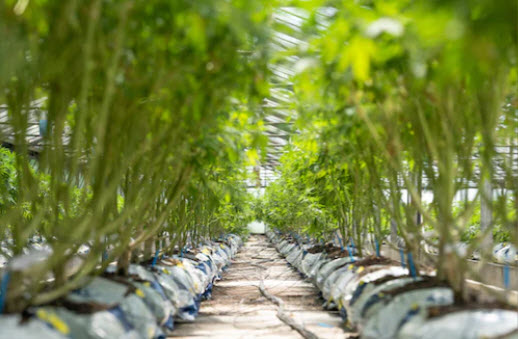While there is a lot of speculation about the involvement of European aristocracy as well as the Russian mafia, the reality is that whoever was in charge of compliance at Juicy Fields was clearly asleep at the wheel, incompetent, or deliberately trying to avoid detecting notice by regulators on both the crowd financing and crypto fronts – beyond any cannabis issues
In the last several months, since investors’ bank accounts were frozen, there has been a great deal of speculation about how the Juicy Fields mess was allowed to happen, and who ultimately was responsible for the mess.
While this is all very interesting speculation if not drama, the legal facts at the heart of the matter appear to show that whoever was in charge of compliance was either incompetent or, at worst, deliberately constructing a two-year scam (including for money laundering purposes) with an exit strategy sometime within 2022.
Here is a brief overview of some of the regulations at play in an environment where Juicy Fields established itself in Germany, then moved to the Netherlands, and finally, out of the EU altogether into Switzerland.
Depending on who one chooses to believe, the platform had about half a million users. With a minimum of a €50 investment, it is clear to see that there was apparently never any intention to comply with laws about either crowd financing or crypto in any of these countries, much less the EU.
This alone spells SCAM, beyond any other element.
This does not excuse the authorities for failing to raise the alarm, but the changing rules on several fronts may explain why regulators in Germany, the Netherlands and Spain only began to issue warnings in the spring of 2022 – less than six months before the entire operation collapsed. The reality is however, that existing regs in all three countries should have triggered alarms by the regulatory agencies much, much sooner.
The EU Crowdfunding Regulation
On 10 November 2021, the EU Regulation on European Crowdfunding Service Providers (the ECSPR) came into effect.
The regulation creates a harmonised regulatory framework for crowdfunding platforms in the EU. However, it was published originally in the EU Official Journal on October 2020, after over two years of intense discussions between EU countries. Juicy Fields was founded at the end of March 2020 – right at the beginning of the COVID pandemic.
The EU framework on crowdfunding covers the two most common crowdfunding practices. These are:
- The facilitation of granting loans
- Placement of transferable securities
This is important in the Juicy Fields case for several reasons. The most important reason is that only crowdfunding projects under 5 million over a 12-month period of time were ever legal. Above that, they became, no surprise, regulated securities – in this instance specifically, commodities futures contracts.
This means (for starters) that whoever was in charge of compliance for Juicy Fields not only knew (or should) that 7 months after the project was launched, but it would also be required to register itself with the securities regulators by the end of 2021 on a European wide level. The fact that the regulators in the Netherlands, Spain and Germany all began to sound alarms within the next months because the basic pro forma filings were not done, means that the project appears to have been deliberately designed to fly under the radar during this time just on the “crowdfunding” front.
Beyond EU regulation, German limits on crowdfunding were considerably lower than this – which is significant, because Juicy Fields was initially based in Deutschland. Namely, despite intense lobbying by the industry, the limits here are 2.5 million euro per project before being required to be registered as a regular security. The federal government has said that projects offering public sales of shares and bonds without a prospectus for a period of 12 months and up to one million euros are also allowed. This means that the project violated the law shortly after inception even if Juicy Fields was actually growing or acquiring cannabis (which itself is a matter of contention.)
Dutch regulations state that the limits on crowdfunding projects also cannot exceed 2.5 million euros.
Swiss regulations state that projects based in the country are required to determine whether they need a FINMA license (issued by the Swiss financial regulatory authority) to proceed on the same. According to banking experts, all crowdfunding platforms with greater than twenty investors and a raise greater than 1 million Swiss francs need to apply for a banking license to make sure they are not violating Swiss regulations.
Juicy Fields never complied with any of these regulations in any country it was supposedly based. How is it that so many lawyers stayed silent on the matter?
Crypto Rules
The duality of the Juicy Fields scheme in terms of payment (in other words from either a bank or via a crypto wallet) also did not exempt the platform from regulations in place in Germany when it comes to commercial transactions. Namely, to be safe, one must apply for a BaFin license per Section 1(1a) no.4 of the German Banking Act.
In the Netherlands, where Juicy Fields was also based for a period of time, cryptocurrency is not accepted as a currency but rather an asset.
In Switzerland, distributed ledger technology law (DLT Law) which entered into effect in September 2020, allows for the creation of a new license category under the Financial Market Infrastructure Act, but this is only applicable to the recognition of crypto currencies – not the purchase of crowdfunding “shares” with the same. Beyond this, cryptocurrencies do not qualify as legal tender.
What Were Juicy “Shares”?
Beyond any other issue, the reality is that the company appears to have deliberately tried to find a way to shield itself, or do an end-run around regulations in every European country on definitions and thus compliance. This alone again, spells scam, either of the money laundering or Ponzi variety (or both). No matter what was used to pay for “shares” the fact of the matter is that what was on offer was what is also known as a “futures contract.” In other words, investors were betting on the price of cannabis, sold via contract, into the future.
Just as the price of energy has skyrocketed thanks to investors betting on the increased prices of oil and gas after the outbreak of hostilities between Russia and Ukraine, Juicy Fields was in effect asking its investors to bank on the future worth of the cannabis market.
It is also about the cost of medical cannabis, stupid
The prices of cannabis are headed in one direction – down – with legalization. This also means that the high returns promised on the site were by definition, lies. This is of course, beyond any financial model the company claimed it was using, starting with being able to cultivate cannabis for about 20 cents a gram. It is obvious that as of late 2020, after at least a few investors had been paid out for the first “round” that the company was not yet planting in bulk and furthermore, intended to buy flower at about 80 cents a gram – or four times what it claimed it could grow the flower for.
Beyond any other evidence, these issues alone show that Juicy Fields appears to be a carefully constructed fraud, no matter who was at the wheel or called the shots.
Anyone, starting with the lawyers around this project, not to mention those who promoted the scheme for money, should be fined, if not jailed, just on this evidence alone.









